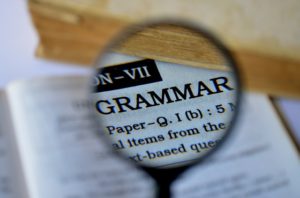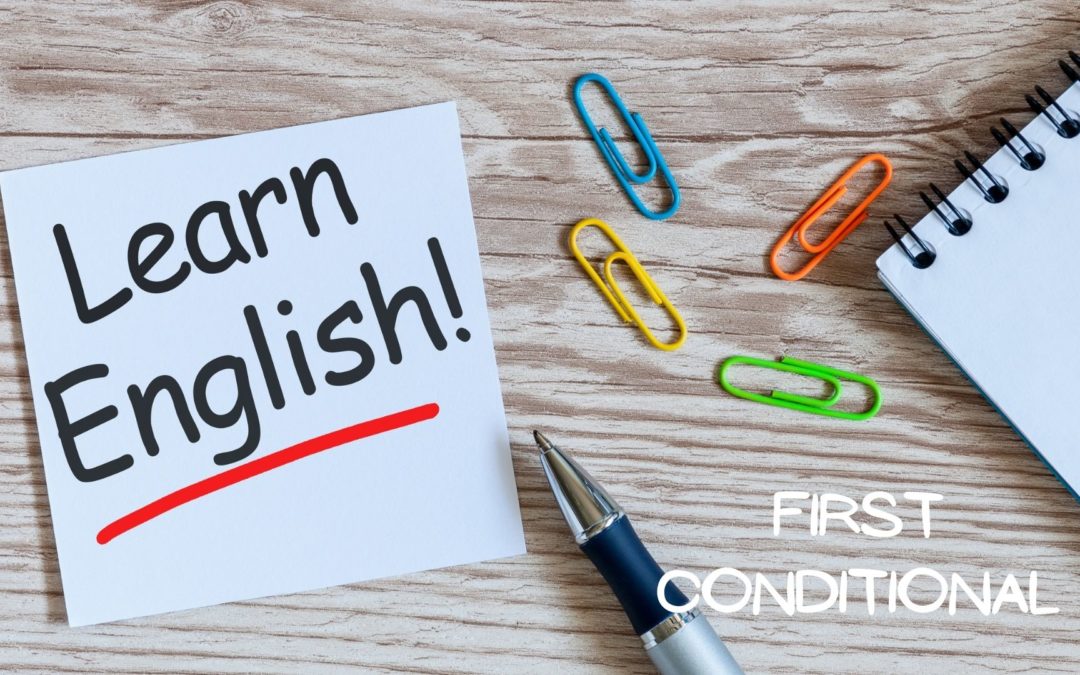What are conditionals used for?
In English we use conditionals to talk about probable situations triggered by other situations. We have four different conditionals and we will use one or the other in relation to the certainty of the conditional and the temporality in which they happen or we want to express.
- Zero conditional: to speak of certain facts with the same result, such as scientific, chemical or imperative facts.
“If I press that button, the light comes on“. If I press this button, the light comes on.
“If you heat ice, it melts” If youheat ice, it melts.
- First conditional: for concrete situations that are very probable, but not certain. It is mainly used to refer to the present or the future when talking about a real situation, such as a warning or a threat.
“If you don’t study, you won’t pass your exam“. “If you don’t study, you won’t pass the exam.If it rains, we will go inside” If it rains, we will go inside.
- Second conditional: for situations that are not real, i.e. hypothetical.

“If I were rich, I would be happier “. If I were rich, I would be happier.
“If I got that job, I will move to Barcelona again“Siconseguiera ese trabajo, me mudaría nuevamente a Barcelona.
- Third conditional: it is used to refer to a time located in the past and to situations contrary to reality, that is to say, facts that are opposite to what is expressed.
“If I had known, I would have worn something more comfortable“. If I had known, I would have worn something more comfortable.
“I would’ve gone, if you had called me” Hubiera ido si me hubiera hubieraieras llamado.
How to use the first conditional?
The
first conditional
is used to talk about situations that lead to certain consequences, usually very probable, but without having absolute certainty about the future. We will use it in cases such as future plans, warnings, threats, promises or even to convince someone of something. Let’s look at the following examples;
“If I see him, I tell him your opinion about the car.” If I see him, I will tell him your opinion about the car.
“If I leave work early today, we will go to the cinema.” If I get off work early enough today, we’ll go to the theater.
“If you work hard, your dreams come true.” If you work hard, your dreams will come true.
How we structure it
 The structure of the first conditional is easy to assimilate, since it is very similar to the one we use in Spanish. In the conditional sentence we can begin with the particle
The structure of the first conditional is easy to assimilate, since it is very similar to the one we use in Spanish. In the conditional sentence we can begin with the particle
If
followed by the subject, the verb in present simple and a comma. Thus, we understand that from this condition the following will occur
ient that we start with the subject followed by the verb in the simple future tense.
If
+ subject + present simple, + subject + future simple
In the simple future, it will be recurrent to use the
will, going to
as well as modal verbs that will give more sense to our sentences, these are: might, can, must or should . Examples;
“If she doesn’t go right now, she will miss the buses.” If you do not leave now, you will miss the bus.
“If tomorrow it’s sunny, we will go to beach”. If it’s sunny tomorrow, we’ll go to the beach.
“If the lunch finishes early, you can go to play with your friends.” If we finish lunch soon, you can go play with your friends.
“If the boss calls me, I should go”. If my boss calls me, I should go.
“If I have enough money, I might buy those shoes.” If I have enough money, I might buy those shoes.
“If you have any trouble, you must call her”. If you have any problems you will have to call her.


